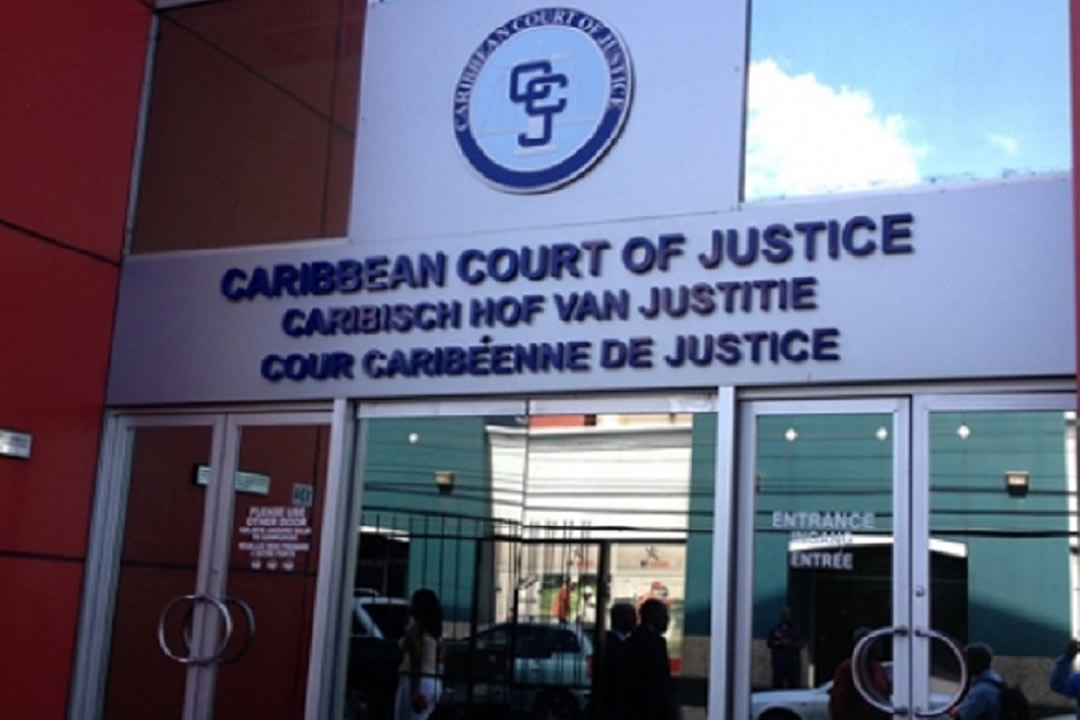Port of Spain, Trinidad and Tobago. On Friday, 8th December 2023, the Caribbean Court of Justice (CCJ) dismissed the application for special leave in the Saint Lucian case of McDowall Broadcasting Corporation Limited v Guy Eardley Joseph [2023] CCJ 15 (AJ) LC, the first appellate case from Saint Lucia to be heard by the Court.
The Applicant was McDowall Broadcasting Corporation Limited (MBC), a duly registered company in Saint Lucia that engages in television broadcasting. MBC is the second-named Defendant in defamation proceedings brought against it by Mr Guy Joseph, the Respondent.
Mr Joseph had filed an action in the High Court seeking damages for alleged defamatory statements made during a news broadcast by MBC. The time limit for bringing any such action is 12 months. Mr Joseph’s claim form and supporting documents were served on MBC, well within the 12 months, by handing the same to a company receptionist at the business premises, but not the registered office of MBC. The receptionist was not a director, officer nor manager of MBC.
MBC filed an Acknowledgment of Service and a Defence on the merits and participated in mediation. Then, after the expiry of the 12-month period for filing a claim, Mr Joseph asserted that the suit was prescribed because the time had expired for bringing a claim according to Article 2123 of Saint Lucia’s Civil Code and that it should be struck out.
In a judgment authored by President Saunders, the CCJ agreed that service of the claim form on the receptionist was irregular as she was not an officer of the company entitled to accept service. Neither were the business premises of the company, as distinct from its registered office, necessarily a proper venue for effecting or receiving service. It was, therefore, open to MBC to ignore the proceedings that were irregularly commenced. The real issue arising in this particular case was what was the effect of the conduct assumed in the proceedings by MBC following the irregular service? Was the prescription period interrupted by the voluntary submission to the jurisdiction of the court by MBC as denoted by their unconditional participation in the proceedings? The CCJ looked to the Civil Codes of Quebec and Louisiana for assistance in answering these questions.
The CCJ ultimately held that three fundamental consequences flowed from MBC’s voluntary entry, before the expiry of the 12-month period for bringing a claim, of an Acknowledgment of Service and Defence neither of which challenged the propriety of the service or the jurisdiction of the court. Firstly, the improper service was waived because MBC had unequivocally demonstrated that it had submitted itself to the jurisdiction of the court. Secondly, the running of time for prescription purposes was interrupted. Thirdly, the issue of whether there was a need for the court retrospectively to validate the service became entirely moot because MBC had waived its right to rely on prescription.
On these bases, MBC’s application for special leave to the Court to appeal the decision of the Court of Appeal had no prospects of success. It was, therefore, dismissed with costs to the Respondent and the case was remitted to the trial court for further hearing.

